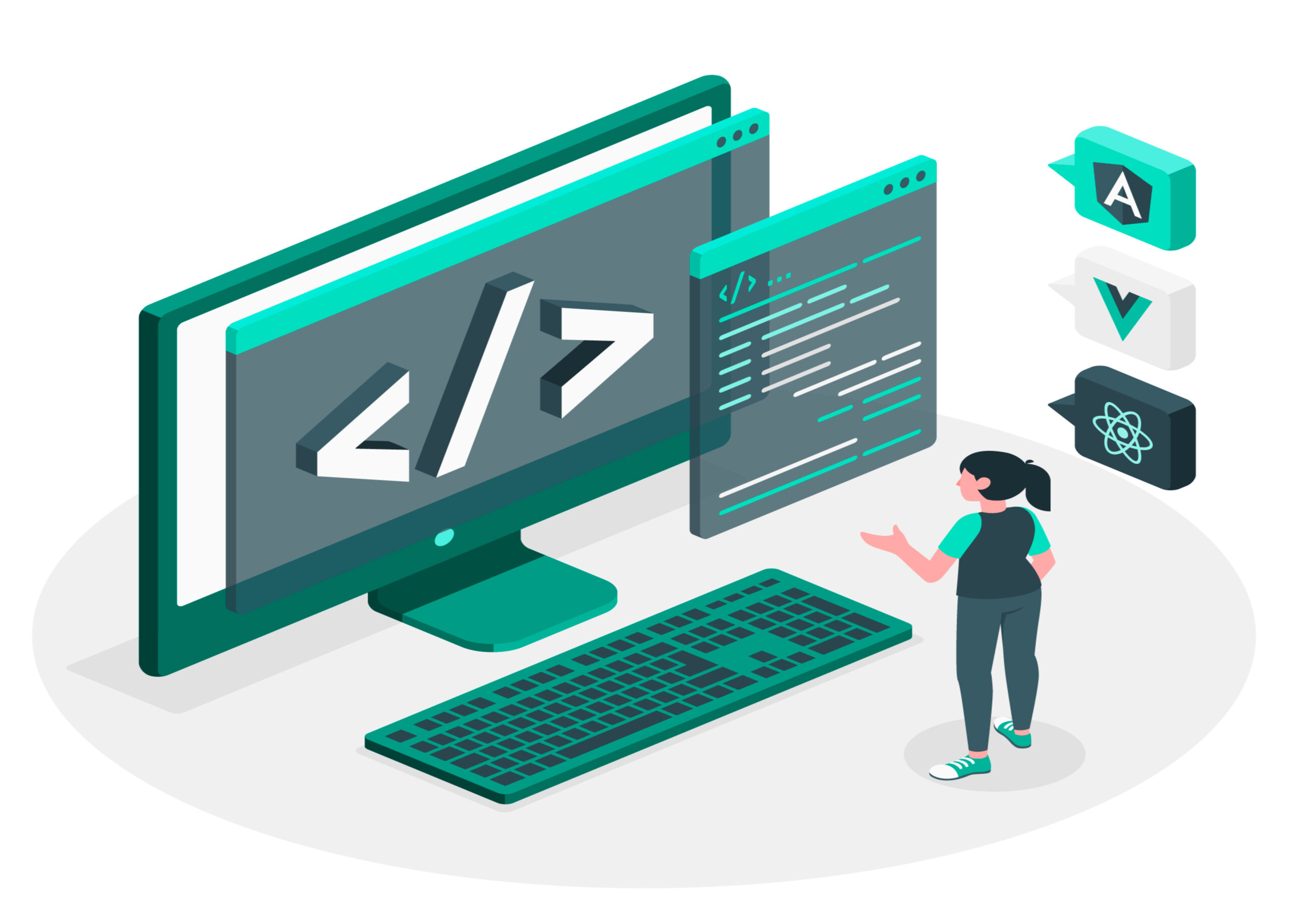Practical C Programming
Overview
Overview: This course is designed for beginners who are interested in learning C programming from scratch. The course covers the basics of C programming, including syntax, data types, variables, arrays, loops, functions, and pointers. The course also includes practical examples and exercises to help students develop their coding skills.
-
I. Introduction to C Programming
Overview of C Programming History of C Programming Advantages of C Programming
-
II. Basic C Programming Concepts
Structure of a C Program Variables and Data Types Input and Output Operations Operators and Expressions
-
III. Control Structures in C Programming
Conditional Statements (if-else, switch-case) Loops (for, while, do-while) Break and Continue Statements
-
IV. Functions in C Programming
Defining and Calling Functions Function Arguments and Return Values Recursive Functions
-
V. Arrays and Strings in C Programming
Declaring and Initializing Arrays Array Operations (Accessing Elements, Traversing) String Operations (Length, Concatenation, Comparison)
-
VI. Pointers in C Programming
Introduction to Pointers Pointer Arithmetic Passing Pointers to Functions
-
VII. Advanced C Programming Concepts
Structures and Unions File Input and Output Operations Dynamic Memory Allocation
-
VIII. Practical Examples and Exercises
Building a Calculator Program Building a Simple Game Handling and Manipulating Images Debugging Techniques and Tools
-
IX. Debugging Techniques and Tools
Introduction to Debugging Debugging Techniques (Printing Debug Statements, Stepping Through Code, Using a Debugger) Debugging Tools (GDB, Valgrind)
-
X. Best Practices for C Programming
Coding Style and Conventions Code Documentation and Comments Testing and Debugging Version Control (Git)
-
XI. Introduction to Embedded C Programming
Overview of Embedded Systems Differences between Regular C Programming and Embedded C Programming Examples of Embedded C Programs
-
XII. Final Project
Applying the knowledge gained throughout the course to build a final project Project could be an embedded systems project, a game, a utility program, or any other C program of interest to the student
-
Prerequisites:
Basic understanding of programming concepts (variables, loops, functions) No prior experience with C programming is required
-
Course Goals:
To provide students with a strong foundation in C programming To enable students to write efficient and effective C code To equip students with the skills necessary to tackle real-world programming problems To prepare students for further study in C programming or related fields
-
Assessment:
Quizzes and assignments throughout the course Practical exercises and coding projects Final project




